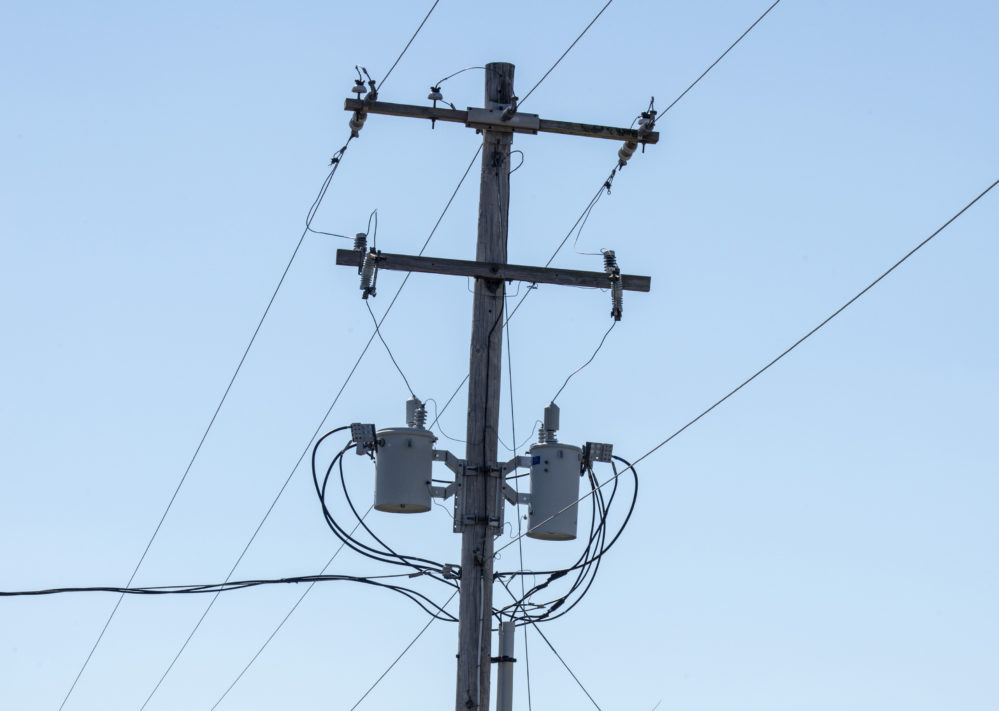 Credit: Lloyd DeGrane / Energy News Network
Credit: Lloyd DeGrane / Energy News Network
The pace of legislative action is picking up in Austin as the 88th session of the Texas Legislature is past the halfway point. While many pro-growth reforms are pending and deserve passage, a slew of anticompetitive bills have been introduced in the Texas Senate that ATR is urging legislators to reject.
The anti-competitive bills filed in the Texas Senate — which includes SB 6, SB 7, SB 2012, and SB 1075 — all seek to impose arbitrary restrictions on energy producers or authorize superfluous subsidies. While the motivation behind them is well-meaning, such misguided intervention is likely to produce barriers to entry that reduce competition and raise consumer prices.
SB 6 would establish the Texas Energy Insurance Program and other funding mechanisms to support the construction and operation of electricity-generating facilities. These projects would cost Texas taxpayers $10 billion. Some argue that production of 10 GWs of reserve power may be usefully employed during emergencies, but these plants would likely remain idle for the majority of the year with the exception of 14 test days.
Similarly, SB 7 would subsidize the existence of energy capacity as opposed to compensating firms for the electricity that they are able to sell. This bill would create an adverse incentive structure wherein energy producers would become more reliant on taxpayer subsidies. This would hamper the Texas energy industry and likely lead to increased prices on consumers as well as producers. Texan energy producers should be compensated on account of how much energy they sell to consumers, not their capacity for production.
Moreover, the originally filed SB 2012 would limit the share of retail electric customers that any single company can serve, capping it at 20% of the Texas market. The issues surrounding such a proposal are apparent to anyone who understands the basic principle of economies of scale. If firms can cut costs dramatically and provide energy at lower prices by serving more than 20% of the Texan market for electricity, why should they be prevented from doing so? Market share says very little about monopoly power and, oftentimes, serves as an indicator of the ability for a firm to serve customers effectively and cheaply.
Lastly, SB 1075 would provide regulated entities with the authority to spend billions of dollars on the acquisition and maintenance of mobile generators to ensure energy security during emergencies. The justification for SB 1075 is rendered redundant when one considers the fact that most businesses, schools, hospitals, and cities currently contract for reasonably sized backup generators as part of their electric contracts in the hyper-competitive Texan energy market. SB 1075 will increase the tax burden on Texans and render no additional energy security.
In summary, these energy bills will undermine the competition that benefits ratepayers. That is why ATR is encouraging members of the Texas House and Senate to reject these proposals to have state government unnecessarily meddle in Texas energy markets in a way that is very uncharacteristic of the Lone Star State’s conservative reputation.

